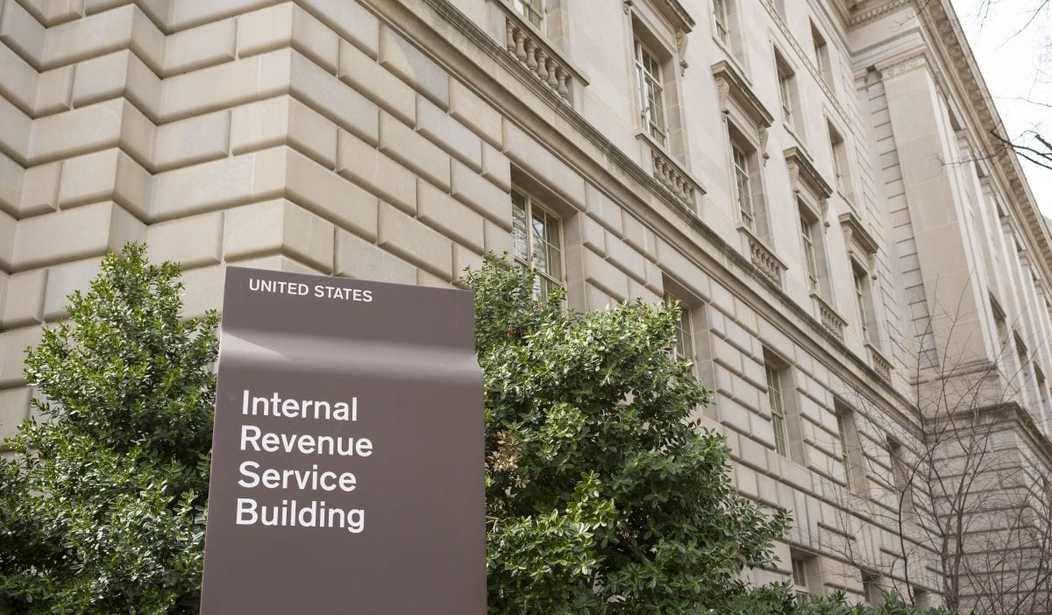A federal judge in Ohio has had it with the IRS foot-dragging on applications from conservative organizations for exempt status and has ordered the agency to quit stalling.
The order was contained in a sealed filing that became public on Friday. What’s clear in the judge’s order is that three years after being assured by the IRS that they had stopped singling out conservative organizations for special scrutiny, the targeting continues.
U.S. District Judge Michael R. Barrett said the IRS can still either approve or deny the Texas Patriots Tea Party’s application for nonprofit status, but the agency can no longer sit on its hands. And he said the IRS must give the application an honest evaluation without prejudice stemming from the yearslong targeting.
In a series of stark findings, Judge Barrett ruled that the IRS did in fact single tea party groups out for special scrutiny because of their political viewpoints in opposition to President Obama — undercutting congressional Democrats who said liberal groups faced the same level of targeting.
“The evidence strongly suggests that the IRS initiated the delay because TPTP’s application was perceived at the screening stage to be a Tea Party case,” Judge Barrett, whose courtroom is in Ohio, said in an opinion that was filed earlier under seal, and was only made public after parts of the 29-page ruling were redacted.
It’s the latest blow to the tax agency, which is facing a separate order from a judge in Washington, D.C., to process a handful of other cases the agency had delayed.
The TPTP applied for non-profit status in 2012 and quickly got caught up in the political targeting that snared hundreds of groups.
After the IRS admitted it was maltreating the groups in 2013, the agency began to process most of the applications — but some of the groups sued, and the IRS refused to process their cases. The IRS said its standard policy was to halt applications in litigation, and also said it was afraid that by beginning processing it would open its agents up to lawsuits against them individually.
Judge Barrett rejected each of those arguments, saying that the IRS itself admitted the litigation policy wasn’t absolute and saying that agents who take an honest look at the application aren’t likely to face a lawsuit.
Of course, it isn’t just the IRS slow-walking applications through the system that’s the problem. The targeting also included outrageous requests for information like donors’ names and addresses, reading lists, and other private information the agency had no business trying to acquire.
Two federal judges have now ruled against the IRS, rejecting their arguments that they’re not targeting conservative organizations. They’re not going to stop until a judge holds a couple of IRS managers in contempt and lets them cool their heels in jail for a few days.
That ought to get their attention.










Join the conversation as a VIP Member